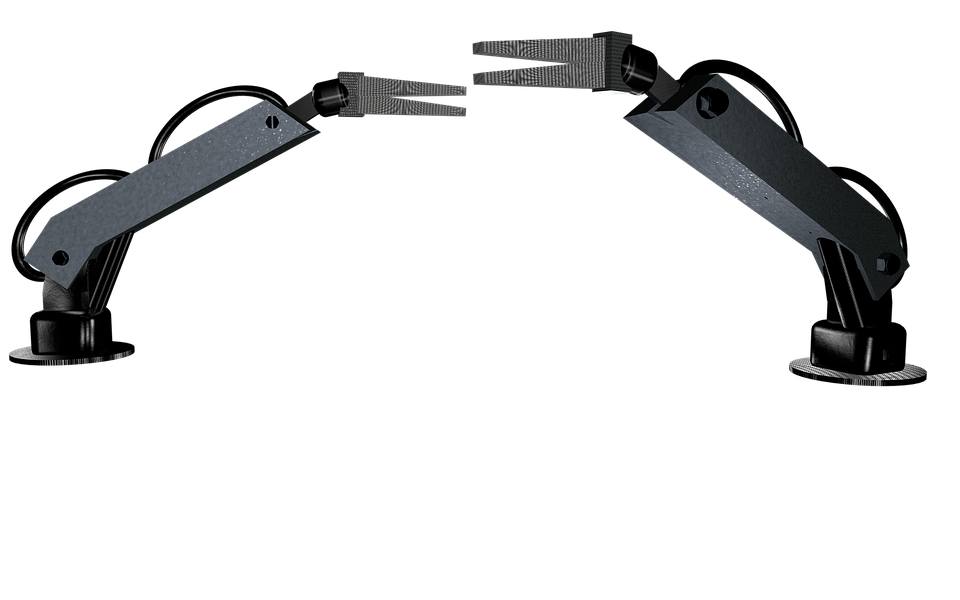The Ethics of Automation: Balancing Innovation with Responsibility
As technology continues to advance at an unprecedented pace, automation is transforming industries, reshaping labor markets, and influencing how we live and work. From self-driving cars and sophisticated algorithms to AI-driven customer service, automation promises efficiency, precision, and convenience. However, the rapidly evolving landscape raises critical ethical questions that demand careful consideration.
The Promise of Automation
Automation brings numerous benefits:
-
Efficiency and Productivity: Automated systems can perform tasks faster and with fewer errors than humans, leading to increased productivity and, potentially, lower costs for businesses and consumers alike.
-
Safety: In high-risk environments, such as manufacturing or mining, automation can reduce the risk of accidents, and in healthcare, it can assist in surgeries or patient monitoring.
- Innovation: By taking on repetitive tasks, automation allows humans to focus on more creative and strategic endeavors, fostering innovation.
Despite these advantages, the rise of automation also raises pressing ethical concerns that cannot be overlooked.
The Ethical Dilemmas of Automation
-
Job Displacement: One of the most significant concerns is the potential for widespread job loss. As machines replace human labor, many workers may find themselves without jobs or the means to support their families. Policymakers, businesses, and educational institutions must collaborate to create programs that facilitate retraining and reskilling to prepare the workforce for a changing job landscape.
-
Equity and Access: The benefits of automation are not evenly distributed. Large corporations are more likely to implement advanced technologies, which can deepen the divide between affluent and less affluent businesses and communities. Ensuring equitable access to technology and its benefits must be a cornerstone of any ethical automation strategy.
-
Accountability: With AI and machine learning systems making decisions, determining accountability becomes complex. If an autonomous vehicle causes an accident or an AI system makes a biased hiring decision, who is responsible? Establishing clear guidelines about accountability is crucial as we navigate this new terrain.
-
Transparency and Bias: Many algorithms are "black boxes," meaning the reasoning behind their decisions is not transparent. Ensuring these systems are free from biases, and promoting transparency to build public trust, are vital ethical imperatives.
- Informed Consent: As automation encroaches on personal lives, ensuring informed consent becomes increasingly critical. Whether it’s data privacy or the use of personal information, individuals should understand how their data is being utilized and have a say in the automated systems that impact their lives.
Balancing Innovation with Responsibility
To harness the benefits of automation while safeguarding ethical principles, stakeholders must adopt a collaborative approach:
-
Framework for Ethical Guidelines: Developing a robust framework that outlines ethical principles for automation can guide businesses, policymakers, and technologists. This framework should emphasize fairness, accountability, transparency, and respect for human dignity.
-
Multistakeholder Engagement: Engaging diverse stakeholders—including workers, communities, businesses, and ethical think tanks—can ensure that a wide range of perspectives informs automation strategies. This collective effort can help identify potential inequities and develop solutions.
-
Investment in Education and Training: Workers must be equipped to thrive in an automated world. Investments in lifelong learning, vocational training, and STEM education can empower individuals to adapt to the changes brought about by automation.
-
Research and Development: Continued investment in research that explores both the benefits and risks of automation can help foster innovation while addressing ethical concerns. This includes studying the societal impacts of automation and the effectiveness of various mitigation strategies.
- Legislation and Policy: Governments should consider regulations that enforce ethical standards in automation, including data privacy laws and labor protections. Proactive policy measures can help mitigate negative impacts before they manifest.
Conclusion
The ethics of automation is a multifaceted challenge that invites diverse opinions and solutions. While the potential for innovation is immense, it must be matched by a commitment to responsibility and ethical practice. By fostering a culture of collaboration among technology developers, policymakers, businesses, and society at large, we can harness the power of automation to build a future that values human dignity, equity, and inclusion. As we stand at the crossroads of technology and ethics, the choices we make today will shape the world of tomorrow.



